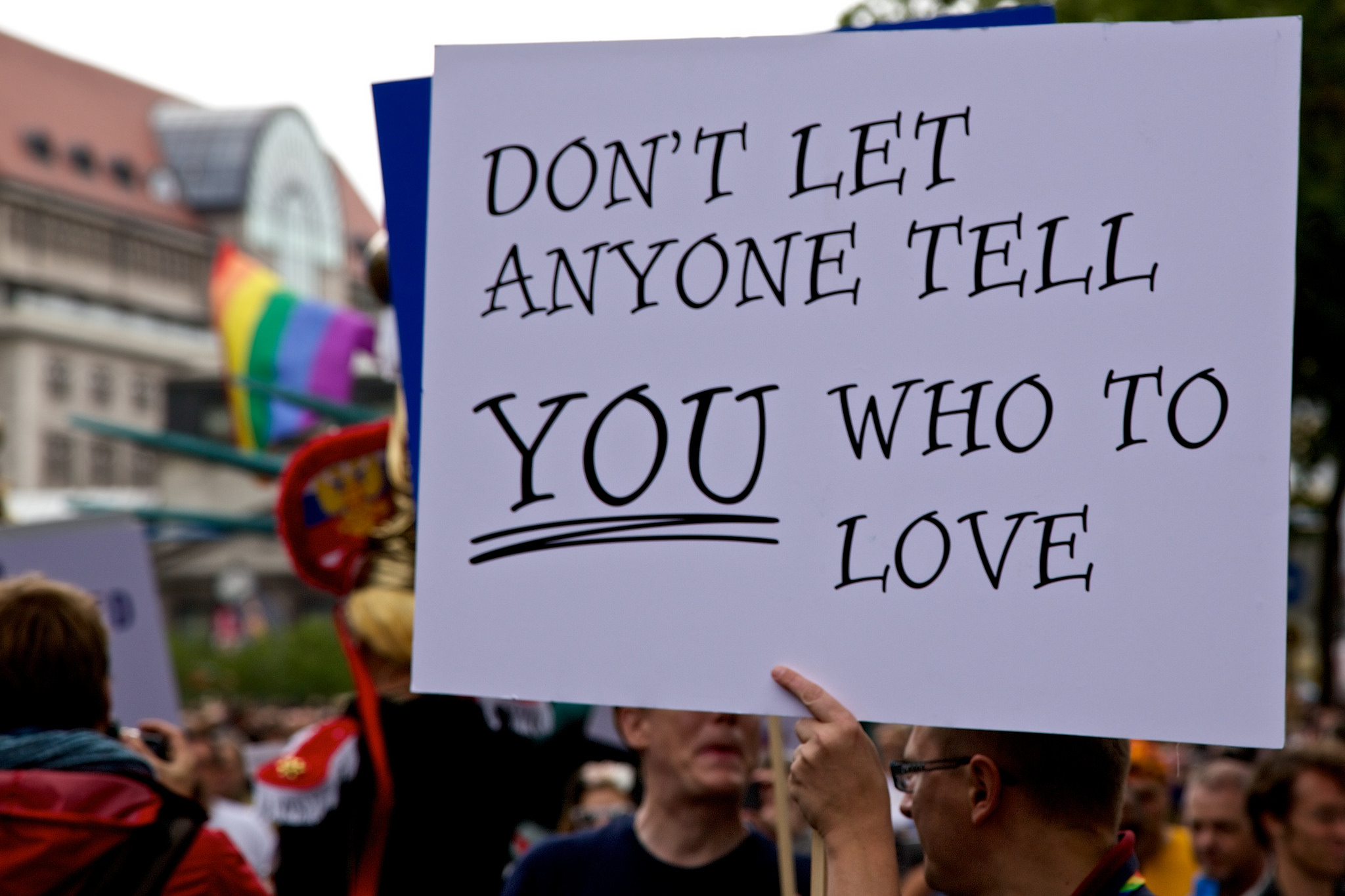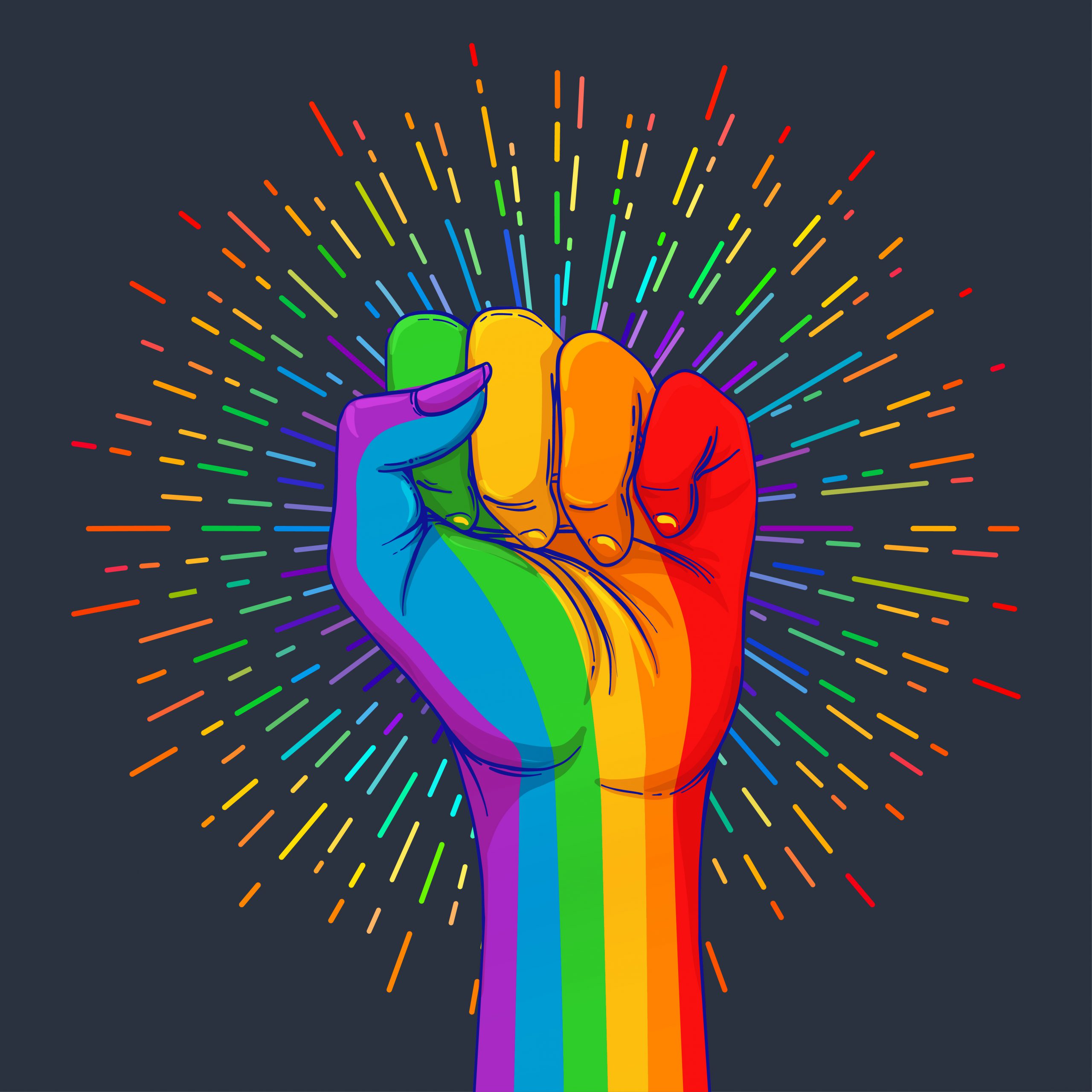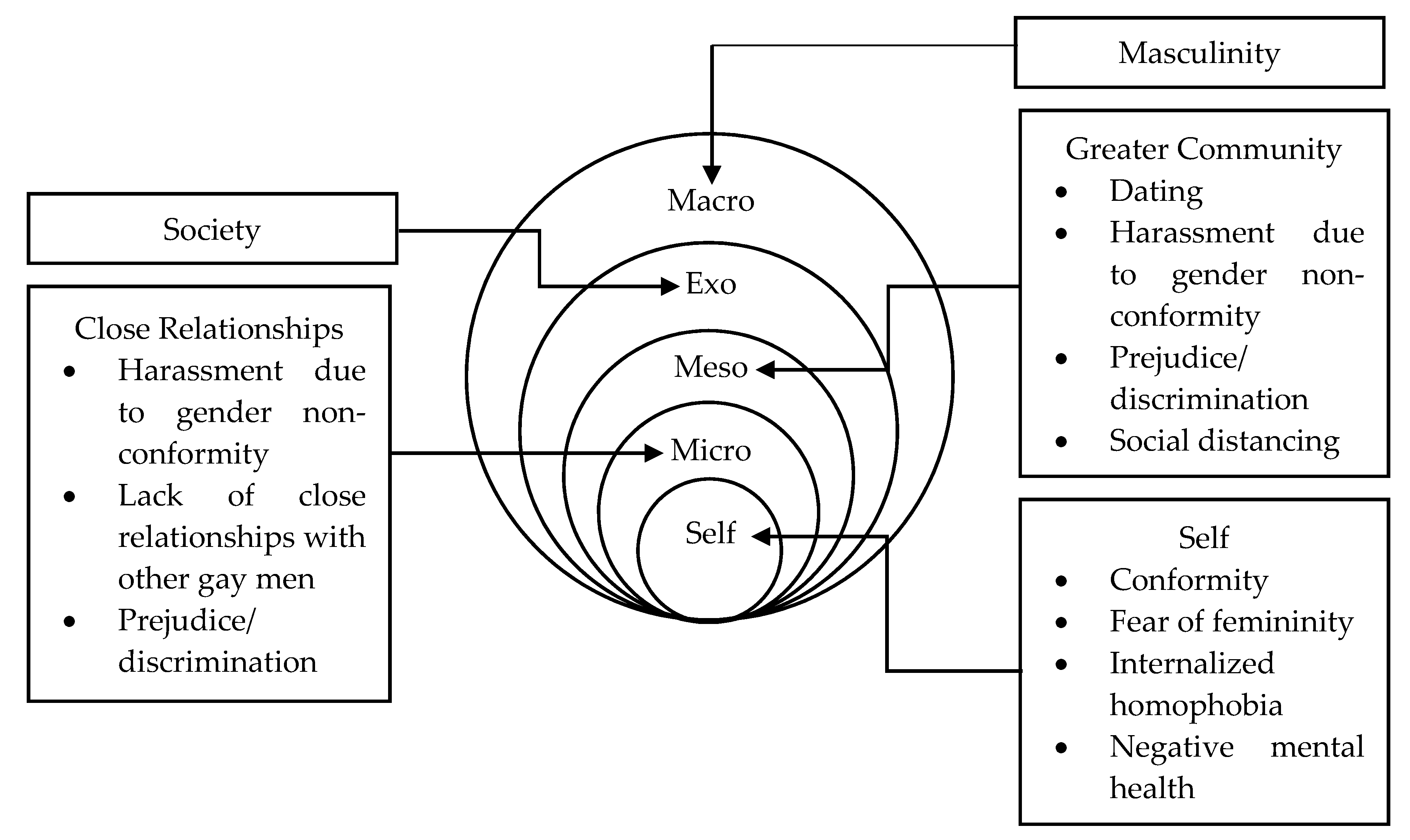There's a word that comes up quite often, and it carries a lot of weight, a word that describes a particular kind of feeling or thought someone might have about gay people or queer people, those who don't fit into typical ideas about gender or attraction. It's a word that really gets at a deep-seated reaction, something that can feel like a genuine aversion or a strong sense of discomfort, and understanding what it truly means is, well, pretty important for everyone, you know?
This idea, this way of thinking, it actually takes in a whole spread of negative attitudes and feelings, all pointed at homosexuality or at people who identify themselves as lesbian, gay, or bisexual, or even those who others just see that way. It's not just a small thing, either; it's a broad set of reactions that can be quite powerful, shaping how people treat others, and that, is that, something we should all be aware of.
So, we're going to spend some time looking at what this word really means, breaking down its different parts, and seeing how it shows up in the world. We'll explore the various ways it's been described and why it matters to get a clearer picture of it. It’s a concept that really impacts a lot of people, so getting a good handle on its full scope is, in a way, just a good idea for all of us, actually.
Table of Contents
- What is the Core of Homophobic Meaning?
- Homophobic Meaning- More Than Just a Dislike
- How Does Homophobic Meaning Show Itself?
- The Homophobic Meaning of Fear and Mistrust
- Is Biphobia Part of the Homophobic Meaning?
- Understanding the Broader Homophobic Meaning
- Why is Learning the Homophobic Meaning Important?
- The Harmful Side of Homophobic Meaning
What is the Core of Homophobic Meaning?
When we talk about the core of the homophobic meaning, we're really getting at a sense of coming from, or carrying around, a feeling of fear or a strong dislike aimed at gay people or those who identify as queer. These are individuals who, you know, just don't quite fit into what some might see as traditional ways of being, especially when it comes to who they love or how they express themselves. It's a feeling that can be quite deep-seated, sometimes almost like an instinct, rather than something thought out.
This word, homophobia, really covers a whole array of negative stances and emotional responses. These responses are typically directed toward homosexuality as a concept, or toward individuals who either openly identify as lesbian, gay, or bisexual, or are simply perceived to be so by others. It's a broad umbrella, covering a lot of different ways people might feel or act, and it’s actually quite varied in its manifestations.
The plain meaning of homophobia, as it's often put, involves a form of unfair treatment against, a strong turning away from, or a sense of dread about homosexuality itself, or about people who are gay. So, it's not just a passing thought; it’s a more substantial reaction that can show up in different forms, almost like a strong current pulling against something, you know?
Homophobic Meaning- More Than Just a Dislike
The definition of homophobia often points to a sense of fear, a deep-seated dislike, a general unease, or a lack of trust when it comes to people who are lesbian, gay, or bisexual. It's a collection of reactions that go beyond a simple preference or an ordinary disagreement. It’s more like a strong, often negative, emotional landscape someone might inhabit when thinking about these groups of people, you know, almost a kind of barrier.
It can feel like a genuine turning away, a sort of rejection of who someone is, just because of their sexual orientation. This isn't just about not agreeing with a viewpoint; it's about a fundamental discomfort with a person's very being. This feeling can be quite strong, really, and it can shape how someone interacts with the world around them, or, you know, how they don't interact.
So, when we consider the homophobic meaning, it's not just about a casual preference for one thing over another. It's often about a significant emotional response, one that can lead to people feeling uncomfortable or even hostile towards others simply because of who they are. It’s a bit like having a strong, almost automatic, negative reaction to something that is simply different from what one expects or is used to, you know, in some respects.
How Does Homophobic Meaning Show Itself?
The homophobic meaning can show itself in various ways, often beginning with a straightforward dislike of, or a preconceived idea against, people who identify as LGBTQIA+. This isn't just a fleeting thought; it's a settled negative opinion, something that's formed without really knowing the person or group in question. It’s a bit like having a ready-made judgment, actually, before any real interaction has even happened.
Sometimes, this dislike or prejudice comes along with the idea that being cisgender and heterosexual, meaning identifying with the gender you were assigned at birth and being attracted to the opposite gender, is somehow a better way to be, a superior identity. This line of thinking creates a kind of hierarchy, placing one group above another, and that, is that, a pretty common way for prejudice to operate in the world, naturally.
It’s important to understand that these negative feelings and attitudes don't just stay inside someone's head. They can spill out into how people act, how they speak, and how they treat others in their daily lives. So, the homophobic meaning isn't just an abstract concept; it has very real, very tangible ways of appearing in the world, often making things difficult for those on the receiving end, you know, quite significantly.
The Homophobic Meaning of Fear and Mistrust
A core part of the homophobic meaning involves a feeling of dread, a strong sense of turning away, or a general lack of confidence when it comes to lesbians and gay people. This isn't just a mild apprehension; it can be a profound sense of unease or even antagonism. It’s a bit like feeling on edge around certain people simply because of who they are, rather than anything they’ve done, which, in a way, is what prejudice often looks like.
When something is described as homophobic, it means it has to do with, or is connected to, a sense of dread or a strong turning away from gay people. This could be anything from a comment someone makes to an action they take. It’s about how these feelings translate into observable behaviors or expressions, which, you know, can be pretty clear to spot once you know what you’re looking for.
So, the homophobic meaning isn't just about a personal internal state; it’s about how that internal state influences the way people interact with the world and the people in it. It’s about the visible and invisible ways these negative feelings manifest, creating barriers and discomfort for others. This can be a really challenging thing for people to deal with, you know, day in and day out.
Is Biphobia Part of the Homophobic Meaning?
Biphobia, which is a specific form of dread, a strong sense of turning away, a general unease, or a lack of confidence, is aimed particularly at people who are bisexual. While it shares many characteristics with homophobia, it has its own distinct focus. It’s important to see this distinction, because bisexual people sometimes face unique challenges and misunderstandings, even within broader LGBTQIA+ communities, as a matter of fact.
This specific kind of prejudice means that someone might experience negative feelings or actions simply because they are attracted to more than one gender. It’s a very real form of discrimination that often goes unacknowledged, or, you know, isn’t fully understood by everyone. It’s a distinct piece of the larger puzzle of prejudice against non-heterosexual identities, which, in some respects, makes it part of the broader homophobic meaning in a way.
So, when we talk about the homophobic meaning, it often stretches to include biphobia, recognizing that prejudice against bisexuality stems from similar roots of discomfort with non-heterosexual orientations. It’s about understanding that these negative feelings can be directed at different parts of the queer community, sometimes with their own specific nuances, but all under a similar umbrella of intolerance, you know, generally speaking.
Understanding the Broader Homophobic Meaning
Homophobia is often understood as a very serious kind of prejudice against those who are gay, lesbian, or bisexual. It's not just a minor disagreement or a simple difference of opinion. It carries a significant weight, often leading to real harm and unfair treatment for individuals. It's a deep-seated bias that can affect many aspects of a person's life, you know, quite profoundly.
This broad meaning includes all the various forms of negative attitudes, feelings, and actions that are directed at people because of their sexual orientation. It covers everything from subtle biases to outright hostility. It’s a way of looking at the world that sorts people into categories and then assigns negative value to some of those categories, which, basically, is what prejudice does, isn’t it?
So, when we consider the full homophobic meaning, we're talking about a widespread issue that impacts a significant portion of the population. It’s about understanding the roots of this prejudice and how it manifests in different situations. It’s about recognizing that these feelings are not harmless; they have real consequences for people’s lives, you know, really.
Why is Learning the Homophobic Meaning Important?
Learning why homophobia causes harm is a really important step for everyone. When we understand the various ways these negative attitudes and feelings can affect people, it helps us to see the bigger picture. It’s not just about words; it’s about the impact those words, and the actions that stem from them, have on real human beings. This kind of understanding is, in fact, pretty foundational for building a more respectful community.
Homophobia, in its severe form, is a type of prejudice that can really weigh on individuals who are gay, lesbian, or bisexual. This weight isn't just emotional; it can show up in many aspects of a person's life, affecting their well-being and how they move through the world. So, getting a grip on the homophobic meaning helps us grasp the seriousness of its effects, which, you know, is quite essential for moving forward.
Knowing about this topic also helps us understand why certain behaviors or statements are hurtful. It gives us a framework for recognizing prejudice when we see it, and for understanding its origins. It’s about building a common language and a shared awareness around something that has historically caused a lot of pain and unfairness, you know, in a way, for many people.
The Harmful Side of Homophobic Meaning
The harm caused by homophobia isn't just theoretical; it can impact a person's health in tangible ways. When people face constant dislike, fear, or unfair treatment, it can take a toll on their mental and even physical well-being. This stress and negativity can contribute to a range of difficulties, making daily life more challenging than it needs to be, which, you know, is really something to think about.
Understanding the homophobic meaning helps us connect the dots between prejudice and its real-world effects. It’s about seeing that a casual comment or a dismissive attitude can contribute to a larger environment where people feel unwelcome or unsafe. This awareness is pretty vital for fostering environments where everyone feels accepted and valued, which, frankly, is what we all deserve.
So, when we talk about the harmful side of the homophobic meaning, we're acknowledging that these attitudes are not neutral. They have consequences that can be quite serious for the individuals who experience them. It’s about recognizing the weight of these feelings and the impact they have on people’s lives, and, well, that’s a pretty important thing to consider, actually.


